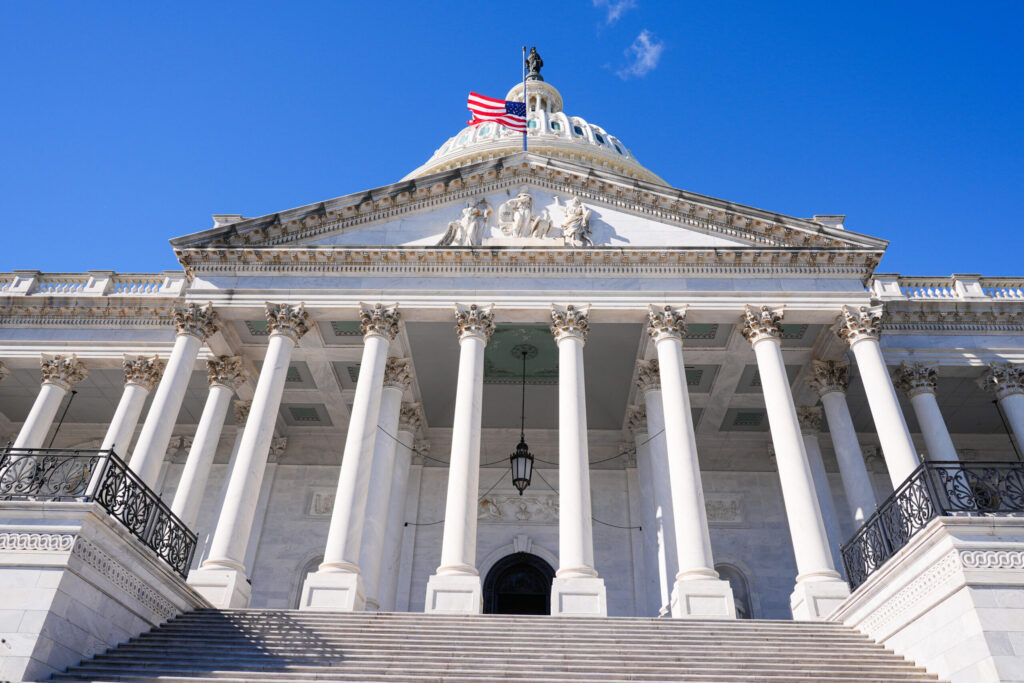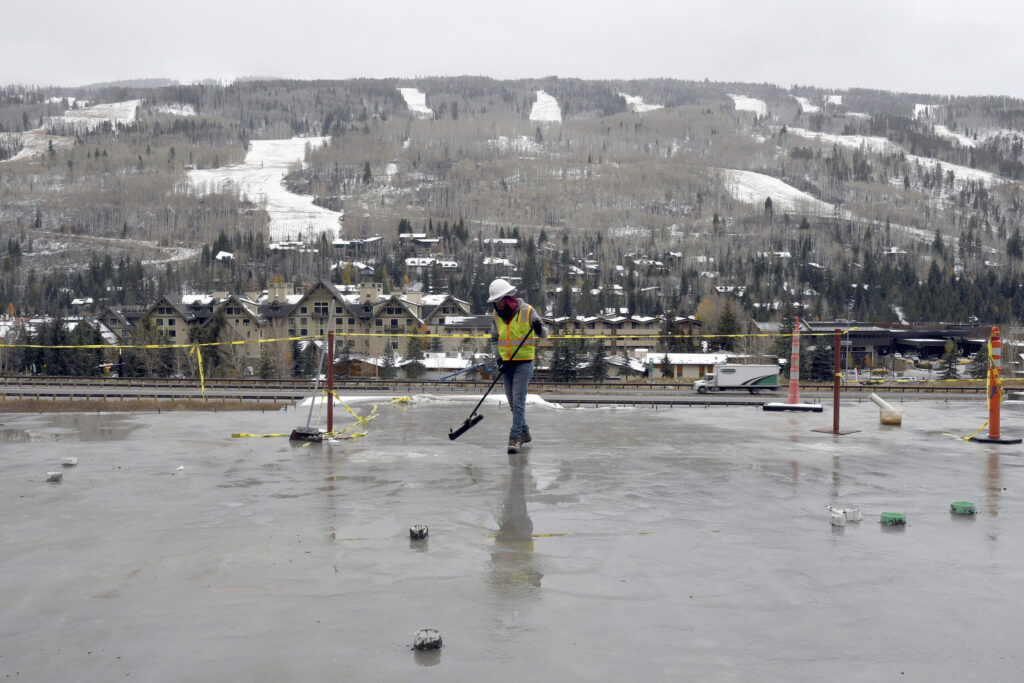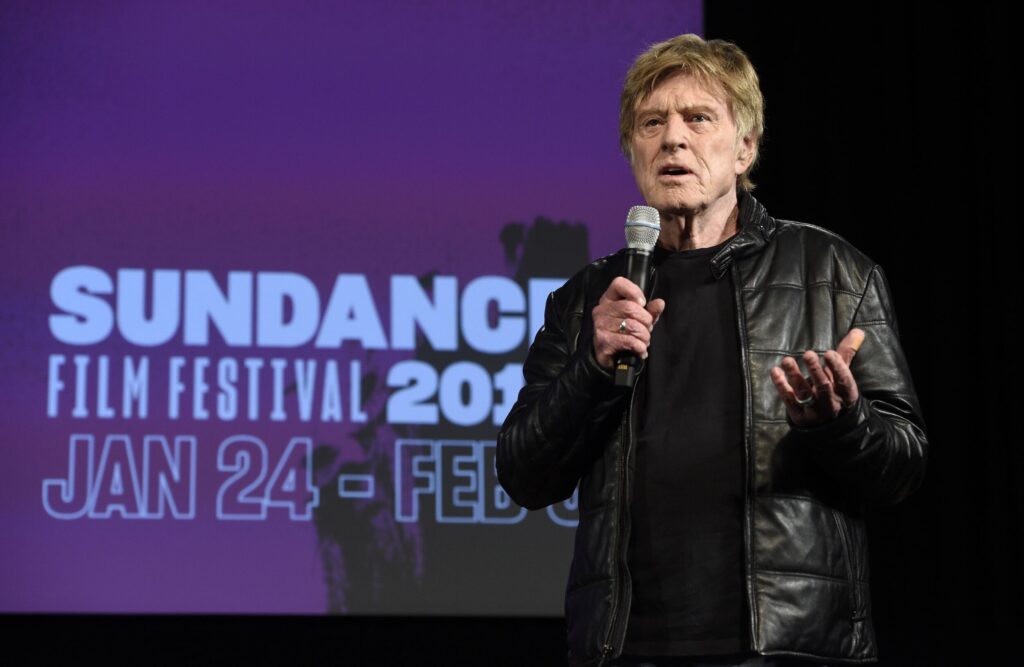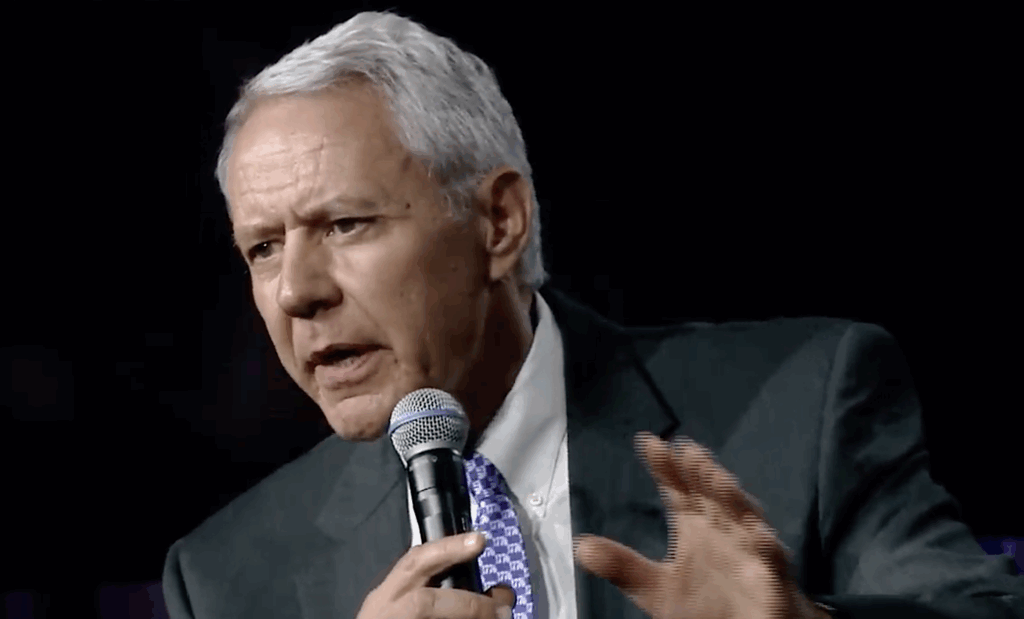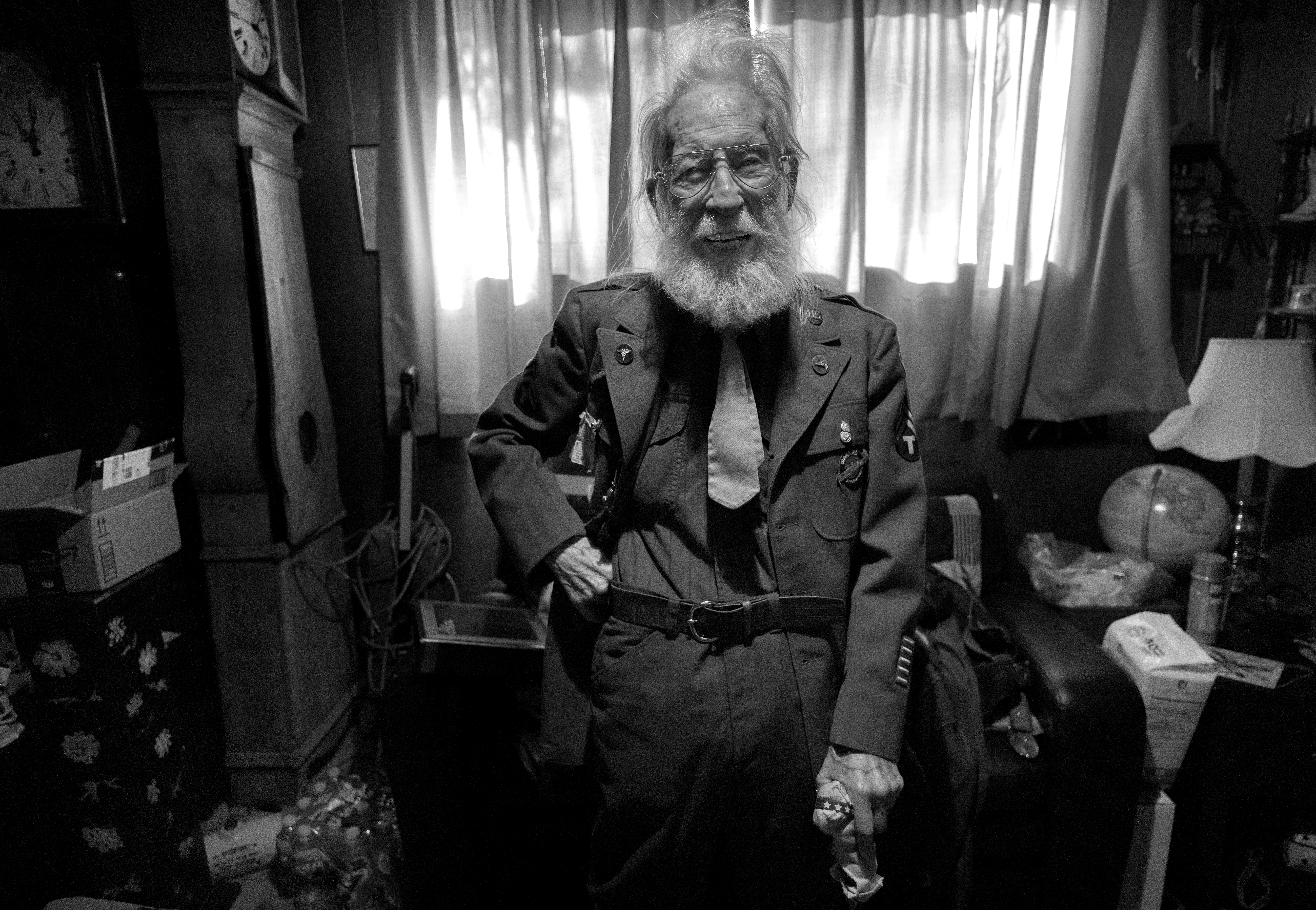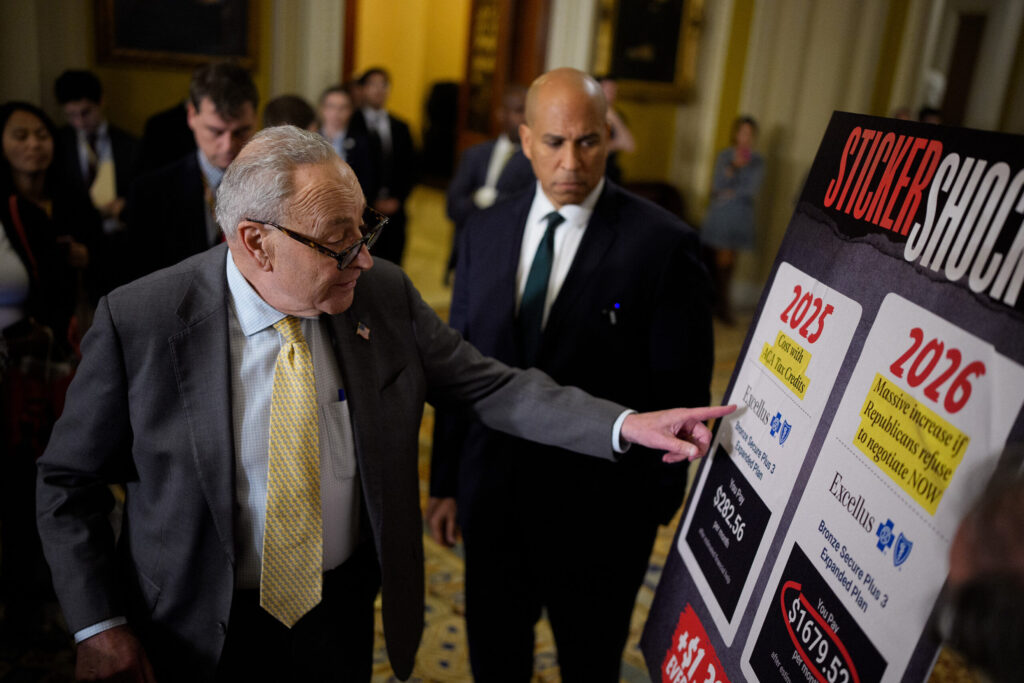Who will end up in a runoff for Denver mayor? It’s anyone’s guess, experts weigh in

The race for the next mayor attracted 17 aspirants. How is the race shaping up? Who are the frontrunners and why? What are the major issues? What challenges will the next mayor face? Listen to experts and longtime political observers discuss the contours of the contest to succeed outgoing Mayor Michael Hancock.
In a crowded race where a runoff is all but guaranteed, strategists and political experts said any combination from among the top-tier candidates could end up in a head to head contest to become Denver’s next mayor.
A field of six to seven candidates – from the pool of 17 aspirants – could emerge as the frontrunners before the April 4 election.
But who ultimately occupies the top two spots is anyone’s guess, even with early voting starting in just a few weeks.
That’s the sense among the politicos who offered their insights during a Colorado Politics and The Denver Gazette’s panel on the mayor’s race on Tuesday morning.
Denver community leaders weigh in on mayor’s race as city grapples with public safety woes
Katelyn Roberts, a principal at the public affairs firm 76 Group, sees two likely scenarios.
“There could be a scenario where we have five or six rise to the top, and then it becomes very close who makes it to the runoff ” she said. “The alternative scenario might be similar to what we saw in the Republican assembly process, where one person is a big vote getter, making it easier for one or two people to have a path (to the runoff).”
If nobody secures more than 50% of the vote in April, the Top 2 vote getters will go on to a runoff election to be held in June.
So far, two public polls on the Denver mayor’s race both strongly suggest that the race is wide open. One, conducted by Chism Strategies and Cygnal, shows Kelly Brough, former president and CEO of the Denver Metro Chamber of Commerce, ahead with 7.6% of voters. However, almost 60% of voters remain undecided as of Feb. 21.
Mike Kopp, president and CEO of Colorado Concern, ran through various runoff scenarios.
“If you look at Kelly Brough, she’s got a lot of money on hand and looks to me like she’s got some capacity to go the distance,” he said. “But then you look at a person that hasn’t been talked about a lot – like Lisa Calderon who was on the ballot last time and actually took a lot of votes.”
Kopp said a Calderon-Brough matchup or a Rep. Leslie Herod-Mike Johnston contest is plausible. But he also didn’t discount the potential of current at-large Councilwoman Debbie Ortega or Sen. Chris Hansen, who recently nabbed an endorsement from former Gov. Roy Romer, making the runoff.
The 2023 race is a non-partisan election, meaning the party of a candidate won’t appear next to their name on ballots.
However, candidates still have their affiliations and the race features a sole registered Republican in Andre Rougeot. Roberts said Andy Rougeot, who is self-funding his campaign and the only Republican in the race, faces a numerical handicap, given that of teh city’s half a million registered voters, only about 51,000 – or 10% – are Republicans,” she said.
The new mayor faces gargantuan challenges magnified by Denver’s unique characteristics, notably a homelessness challenge, a housing affordability challenge and public safety. The new mayor will also need to resolve lingering problems, including the city’s ability to pick up trash on time, as well perennial ones, notably Denver’s snow plow issues.
Alan Salazar, chief of staff of Denver Mayor Michael Hancock, noted that public safety, in particular, has come to dominate the conversation in this year’s mayoral race.
Denver’s realtors group grills mayoral candidates on rental home licensure, inspection ordinance
“In 2019, the motivating issues in that mayor’s race were really gentrification and or displacement,” Salazar said, adding growth, development and traffic were the focal points of discussion.
“It was like we were the victims of success,” he said of the 2019 mayor’s race.
Today, Salazar asid the conversation revolves around public safety, policing, the explosion of the opioid epidemic and homelessness. The city, for example, needs more cops, which underscores the challenge of recruiting and retaining police officers, he said.
Salazar also sought to distinguish between the housing issue and homelessness – specifically how to address people living on the streets.
“There’s no experiment on the challenge of homelessness that the city of Denver isn’t already doing or leading,” he said. “This is not a problem that we’re going to solve in the next three months, and the next mayor will probably end up using many of the same tools and initiatives that are in place now.”
The Chism and Cygnal poll released this month shows that crime and improving public safety sit atop the list of issues that preoccupy Denverites. Also high on their list is homelessness. The poll shows that a majority of respondents (63%) feel safe in Denver, but 36% don’t.
Ian Silverii, a veteran Democratic strategist, said Denver voters are smart, sophisticated and also progressive, so they will likely recoil from a “lock em up and throw away the key” approach to the city’s problems.
“I think people want a compassionate solution,” he said, adding Denverites want real housing access.
Silverii also offered an optimistic note, saying the next mayor will have a lot of opportunity to innovate and experiment.
“I’m really excited about the campaign and the fact that we have 17 candidates who are bringing really interesting and unique ideas to the conversation,” he said. “And the other thing that comes out of this conversation is I don’t think a single one of us knows how this thing is going to end, even though we are really close to voting.”



